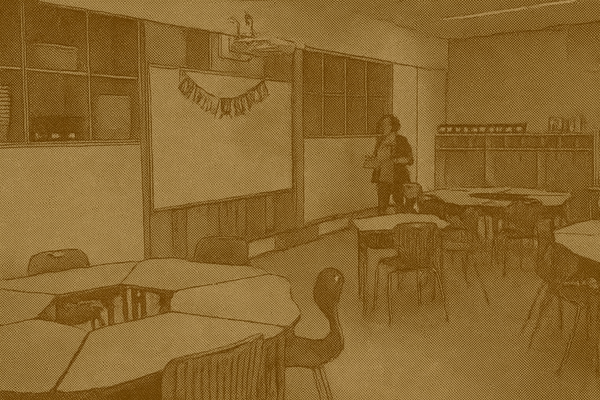Based on coverage from CBC and Yahoo Finance.
In a move that underscores Canada's commitment to its linguistic diversity, the federal government has announced a $13.5 million investment in French language education in the Yukon. This funding is part of a broader $1.4 billion initiative aimed at bolstering French language education across the country. The announcement was made at a news conference, where federal and territorial officials highlighted the significance of this investment for the Yukon, a region with the third highest per capita French-speaking population in Canada, trailing only Quebec and New Brunswick.
Jean-Sébastien Blais, president of the Commission scolaire francophone du Yukon (CSFY), expressed optimism about the impact of this funding. He noted that the money will be used to expand educational programming, support teaching staff, and fund scholarships, among other initiatives. "Our official languages are an asset to all Canadians as they provide us with economic, social, and cultural benefits," Blais remarked, emphasizing the broader value of bilingualism.
The funding is set to support French education from preschool through post-secondary levels, focusing on both French as a second language and French as a minority language. This is particularly significant for francophones living outside Quebec, who often face challenges in accessing French-language education. Yukon MP Brendan Hanley highlighted the cultural importance of the French language in the territory, describing it as "woven into the social, economic, and cultural fabric of the territory."
The Canada–Yukon Agreement on Minority-Language Education and Second Official-Language Instruction, which covers the period from 2024 to 2028, is the framework under which this funding is being provided. This agreement is part of a longstanding tradition of bilateral agreements between the federal government and the Yukon, aimed at supporting French language education in minority settings.
The Honourable Steven Guilbeault, Minister of Canadian Identity and Culture, underscored the importance of bilingualism to Canadian identity, stating, "Bilingualism is at the heart of Canadian identity and a great source of pride from coast to coast to coast." He noted that the cooperation between the federal and territorial governments is crucial for promoting bilingualism and supporting the linguistic and cultural vitality of the Yukon.
The investment is not just about preserving a language; it’s about opening doors. As the Honourable Jeanie McLean, Yukon Minister of Education, pointed out, this funding enriches students' cultural awareness and provides them with new opportunities. The initiative is also a response to the growing demand for French immersion programs across Canada, which saw enrolment rise by 64% from 2005 to 2021.
This investment is part of the broader Action Plan for Official Languages 2023–2028, which aims to protect, promote, and collaborate on official language initiatives. With over $4.1 billion earmarked for this plan, it represents the largest investment ever made by a Canadian government in official languages.
In essence, this funding is more than just a financial commitment; it's a testament to Canada's dedication to fostering a bilingual society where both official languages are not only preserved but celebrated. As the Yukon continues to grow its French-speaking community, this investment ensures that the territory's linguistic and cultural fabric remains vibrant and diverse.








